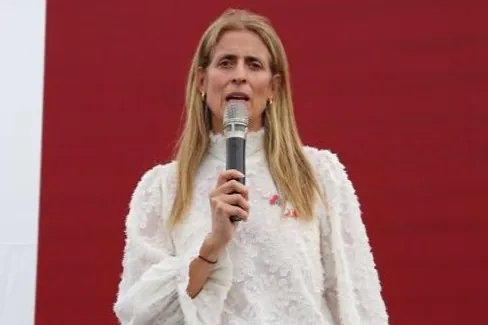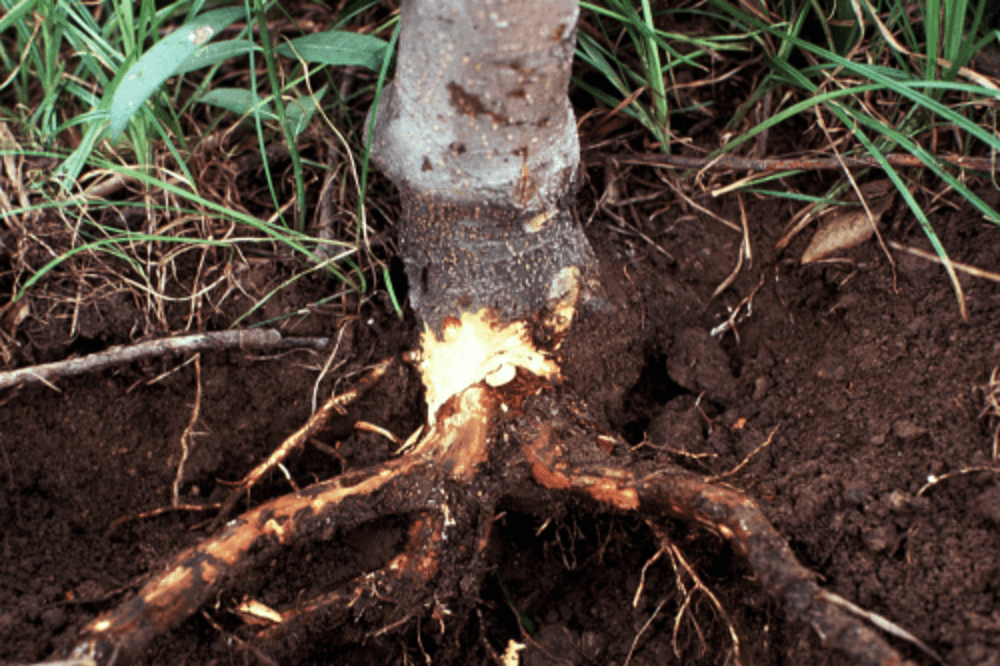Ri.Nova, in collaboration with Unibo, has developed new defense systems to support cherry growers. Daniele Missere, project manager: “With these new systems, up to 50% fewer treatments and 30% water savings. An ideal tool for companies to maintain a high standard of product quality and ensure significant economic returns even in years of heavy rain or hail.”
Less chemicals, more protection from rain, hail, and insects, for high-quality cherry production that is not afraid of bad weather or a phytosanitary emergency such as the drosophila. This is the goal of SMILE, a project aimed at supporting cherry cultivation through the use of new “monoblock” orchard cover systems.
The challenge has been taken up by Ri.Nova and Unibo, who, in collaboration with the Vignola Cherry Consortium, have devised some innovative systems for the defense of cherry crops and are now testing their effectiveness.
“The recent weather events make it even more evident how protection from rain and hail is becoming an increasingly essential factor to achieve quality productions that can guarantee consumer satisfaction and income for the fruit grower,” explains Daniele Missere, project manager on behalf of Ri.Nova.
"Additionally, a large part of the areas where cherries are grown is under the constant threat of new alien insects, such as the drosophila and the Asian stink bug, which are difficult to control and very harmful to the plants. The defense systems studied by the SMILE project represent an effective and cutting-edge solution to ensure eco-sustainable and high-quality productions.”
The systems studied and tested were also developed with the aim of reducing phytosanitary treatments in favor of mechanical containment of insects and birds: “The total closure of the plot, including the paths, allows for a reduction in the use of insecticides by preventing both from accessing the cherry orchard,” explains Missere.
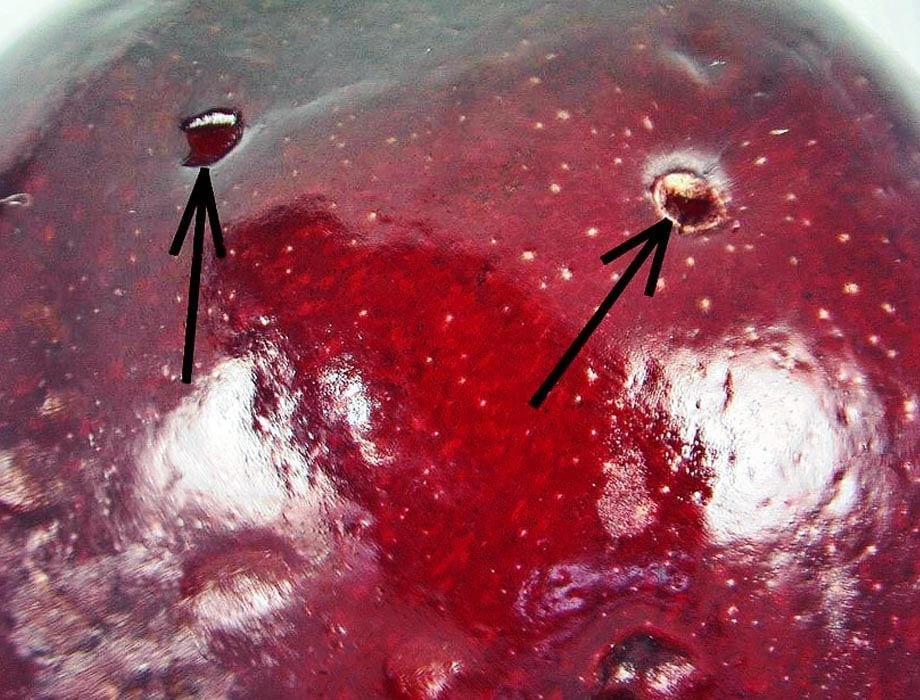 Image 1. Source: CABI.
Image 1. Source: CABI.
The new "monoblock" systems
What does the new monoblock system consist of? “We have developed two new types of multifunctional ‘systems’ - emphasizes Missere -. The first involves a double-layer rain cover completed on the perimeter with an anti-drosophila net; the second was made with four different types of cover.”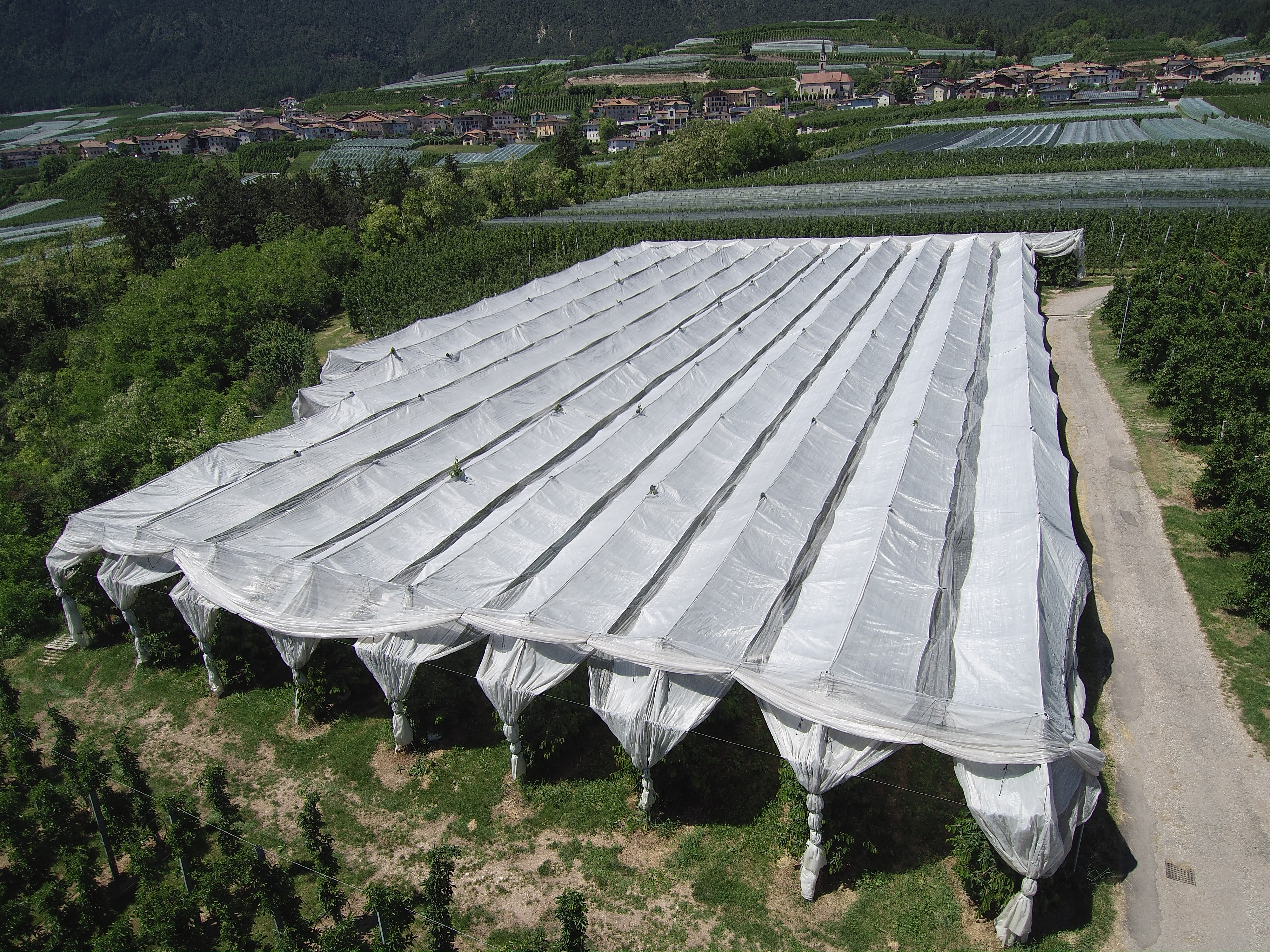 Image 2: Monoblock covers. Source: KIT.
Image 2: Monoblock covers. Source: KIT.
"Both protect leaves and fruits from wetting, hail, and insect entry, and due to the shading effect they generate, they modify both the temperature and the brightness of the orchard. The experimental activities that we will carry out from now until the end of July will allow us to evaluate the benefits that these new systems can bring also in terms of economic and environmental sustainability.”
Data and protections, with SMILE cherries are smiling again
The expectations for the SMILE project are high and will serve to guide cherry growers in choosing the defense systems to adopt to create new cherry orchards or to protect existing ones, both in conventional/integrated and organic cultivation. But for now, the data is good.
“In productive terms, the entities that can benefit from the results obtained within the Plan are primarily the farms that belong to the Vignola Cherry Consortium, about 700 companies that cultivate over 800 hectares of cherry trees with a productive potential of about 16,000 tons per year,” says Valter Monari, director of the same Consortium.
“The use of multifunctional defense systems tested within SMILE will bring definite economic benefits to farms - says Missere - derived from the guarantee of obtaining high-quality productions even in years characterized by frequent rains close to the harvest or marked by phytosanitary emergencies that are difficult to counteract.”
"In addition, there is the possibility of cultivating and producing cherries of premium varieties even though they are sensitive to cracking. Projections are clear: using such systems for 5-10 years on a total area of at least 100 hectares, we could foresee an economic return in terms of PLV of about 4 million euros per year, considering average yields and sale prices.”
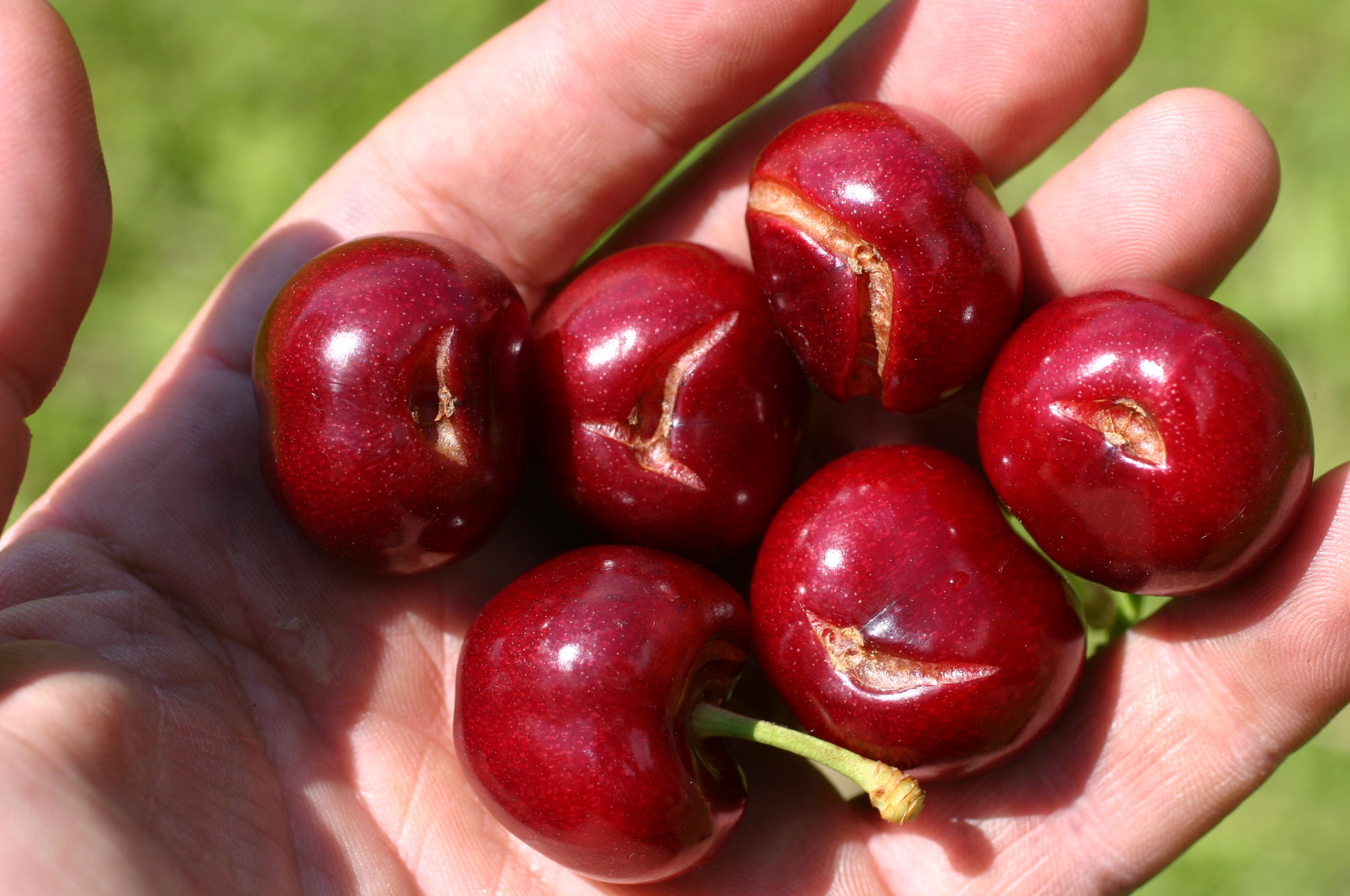 Image 3. Source: SL Fruit Service.
Image 3. Source: SL Fruit Service.
All this while also reducing waste due to adversities (cracking and insects) and costs for cherry harvesting and sorting, for an additional significant economic benefit.
But that’s not all. Even in terms of environmental protection, the impacts are positive. As well as on the topic of employment. “Compared to uncovered systems, recent research on cherry orchards equipped with monoblock covers shows a reduction in the use of insecticides by 50% and fungicides by around 30%.”
"Additionally, there is water savings derived from irrigation, with a reduction in water consumption by about 30%. Finally - concludes Missere - focusing on cherry cultivation in Emilia-Romagna, particularly in the areas of the Vignola IGP Cherry brand, the use of the multifunctional systems studied by SMILE should ensure a number of hours, between field labor and post-harvest, equal to more than a hundred jobs.”
Source: Ri.Nova Press Office
Cherry Times - All rights reserved








